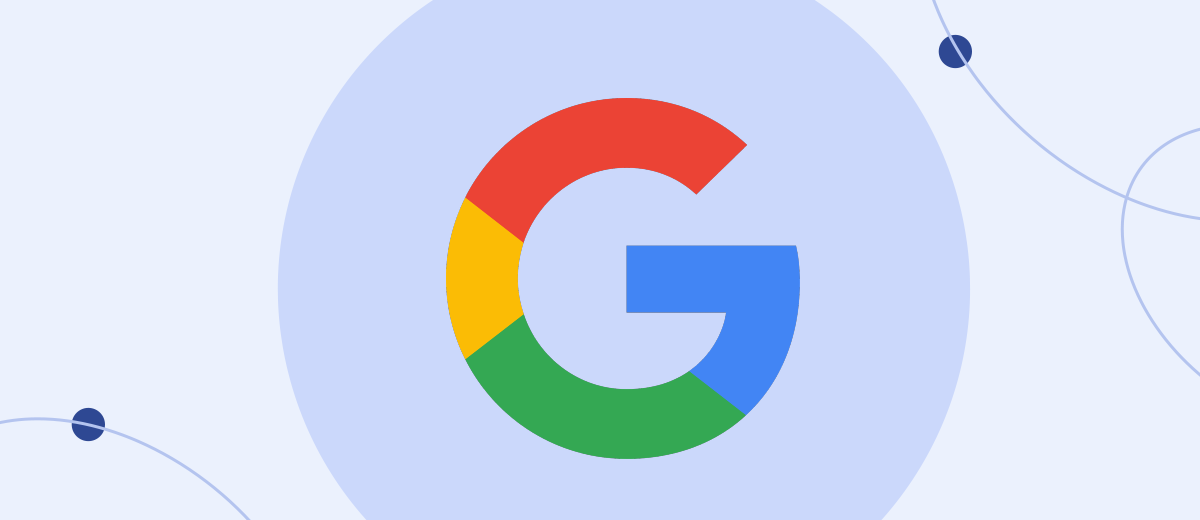Recently, the family of AI chatbots was replenished with a unique novelty from Google – Med-PaLM 2. The main purpose of the service is to provide users with comprehensive answers to their queries on medical topics and complete datasets about their health status. Its testing in real conditions began in April this year. The Mayo Clinic (USA), one of the largest research medical centers in the world, was chosen for testing.
The PaLM 2 generative language model presented at this year's Google I/O developer conference was chosen as the basis for the Med-PaLM 2 chatbot. By the way, Bard, Google's universal conversational chatbot, is also built on it. Given the specificity of this service, the developers approached the selection of content for Med-PaLM 2 training with all responsibility, turning to healthcare experts for help. In their opinion, a highly specialized chatbot will provide much better answers to questions related to medical topics than its diversified counterparts in artificial intelligence (Bard, Bing, and ChatGPT).
Initial testing results revealed that Med-PaLM 2 has the same accuracy problems that other large language models suffer from. In terms of “relevance of information” and “accuracy of data”, this chatbot was inferior to doctors. But according to other criteria (in particular, evidence-based argumentation, scientific consensus, and understanding of the essence of the issue), Med-PaLM 2 proved to be quite worthy, having seriously competed with medical practitioners.
Scientist Greg Corrado, head of research at Google Corporation, noted that Med-PaLM 2 "was born" quite recently and is just beginning to develop. Therefore, you cannot be afraid of the mass replacement of doctors by such chatbots tomorrow; this will not happen. At the same time, he emphasized that this service significantly expands the possibilities and improves the efficiency of using AI in the field of health care.
